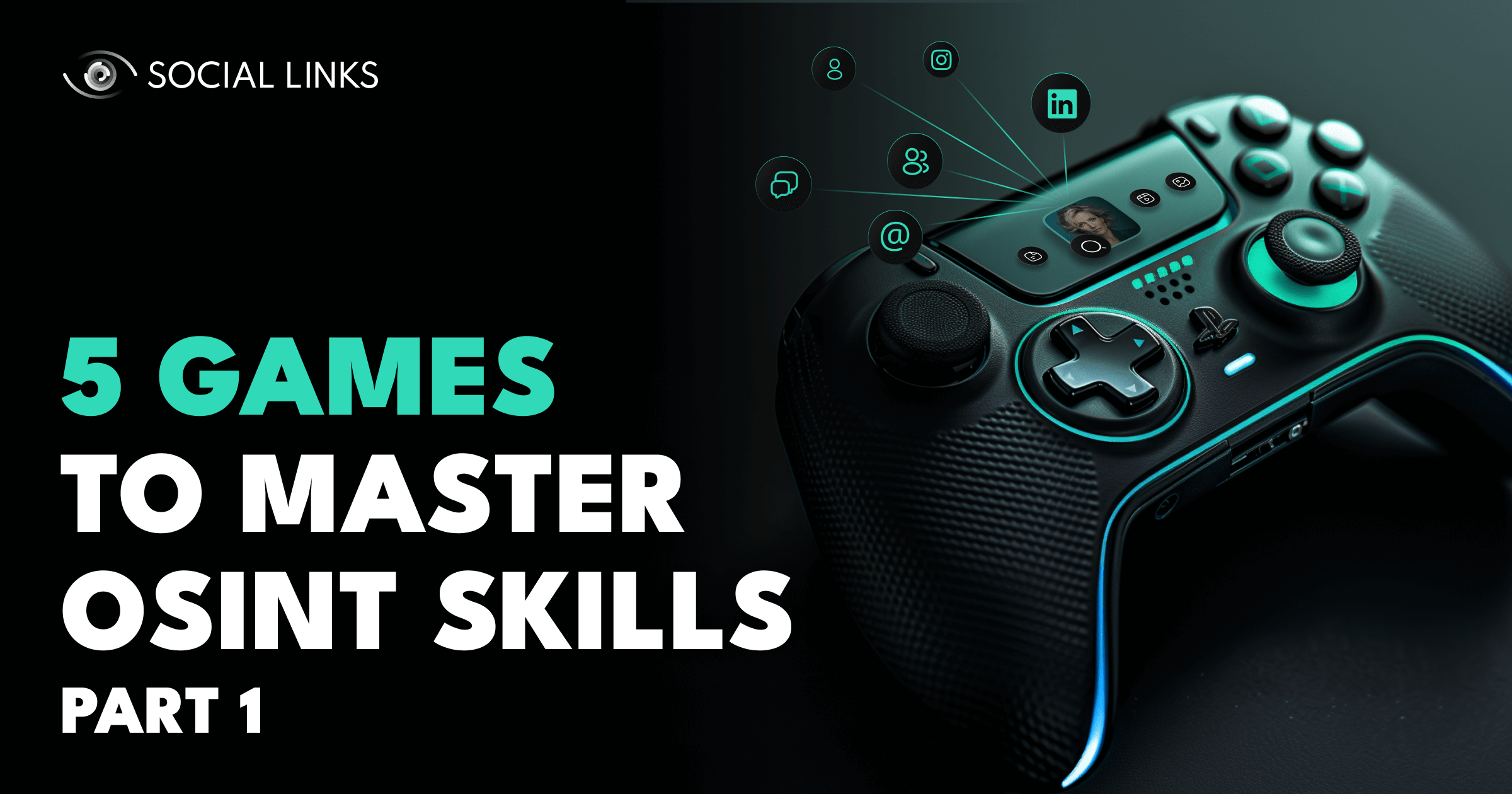5 Games to Master OSINT Skills: Part 1


Getting to grips with open-source intelligence is a challenge, we know. With investigators needing to get their heads around so many different sub-disciplines, it’s understandable that the learning curve can be daunting. The good news is that learning can happen in many ways, and getting OSINT practice can be a relaxed and fun experience.
So today, we’re talking about our favorite open-source intelligence challenges and games. From mobile and video games to nail-biting OSINT exercises, we look at interactive ways to improve your OSINT skills and bolster your confidence. And this is only part one! A follow-up list will be coming soon. Let’s see what’s what!

A mobile puzzle game, Project VOID sets missions that center around a given topic, in a way that reflects investigative work. The difficulty ranges from easy to super tricky, providing challenges for even the most seasoned puzzle enthusiast. There’s also a handy hint system to help you if you get stuck. And there’s no timer, so puzzles can be solved at your own pace.
But more importantly, the game has an in-built interactive browser that you must use for conducting research. This is interesting because it replicates the intelligence cycle, encouraging you to combine and analyze information from different sources, such as newspaper clippings and scribbled notes, and look into historical events corresponding to the mystery.

If you fancy yourself as cybersecurity proficient, this will put that to the test. Carefully crafted by recruitment and gamification specialist Jan Tegze, the challenges on this site are similar to hacking tasks, requiring answers to be deduced from web code. However, they also force you to conduct research across a wide spectrum and source your own information.
Demanding cybersecurity know-how and investigation skills, these challenges will engage multiple disciplines to help teach you certain tricks. While the site offers hints for each puzzle, don’t expect that to make it easy. You’ll likely only fully understand what the hints were driving at when you finally solve the puzzle.

Next up, a critically acclaimed insurance investigation game. The crew of the eponymous ship, the Obra Dinn, have all died, and it’s up to you to establish the identity and cause of death of everyone onboard. You get a pocket watch that rewinds time to see every crewperson's exact moment of death, but the identification process is not so simple.
To solve the case, you need to read through journals and cross-reference facts. The game is delightfully open-ended in that you have the necessary tools, but there’s no prescriptive quest structure. You need to work through the crew members methodically, return to those you’ve already identified, and be open to the chance that one little clue could change the entire picture.
While this quiz is largely aimed at beginners, it continually challenges you to dig into many vital techniques that an OSINT investigator uses daily. You’ll also be expected to apply your knowledge to disparate topics, ranging from social media investigation to metadata extraction and more.


Our next pick is a love letter to the internet of the late '90s. The vividly colored web pages and gushing blogs in the game’s analog of the World Wide Web are reminiscent of Geocities pages (remember Geocities?). You’re a moderator tasked with keeping the Hypnospace (the in-game internet) clean by identifying and then banning users who step out of line.
The game has a feel of authenticity in that browsing the Hypnospace is much like the internet—you need to read through texts, click hyperlinks, and deduce the passwords to restricted zones to get to the bottom of (suitably tame) crimes. It’s like an internet simulator allowing you to try your hand and online detection in a nostalgic setting.
And that wraps up the first part of our guide to OSINT-related games. If you’re keen to sharpen your open-source intelligence skills but want a less formal way to do it, we really recommend you try these games out! And keep an eye out for part 2!